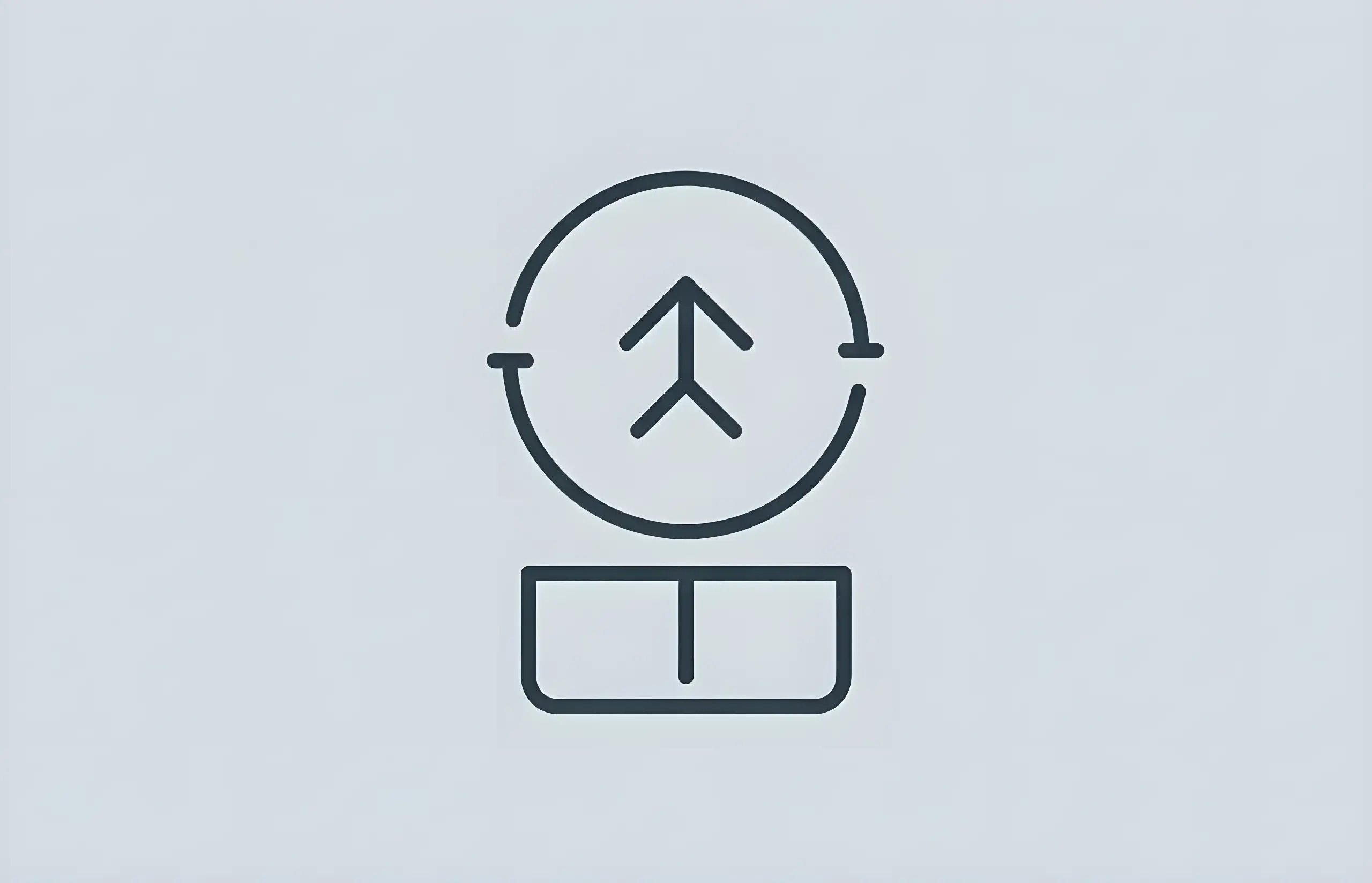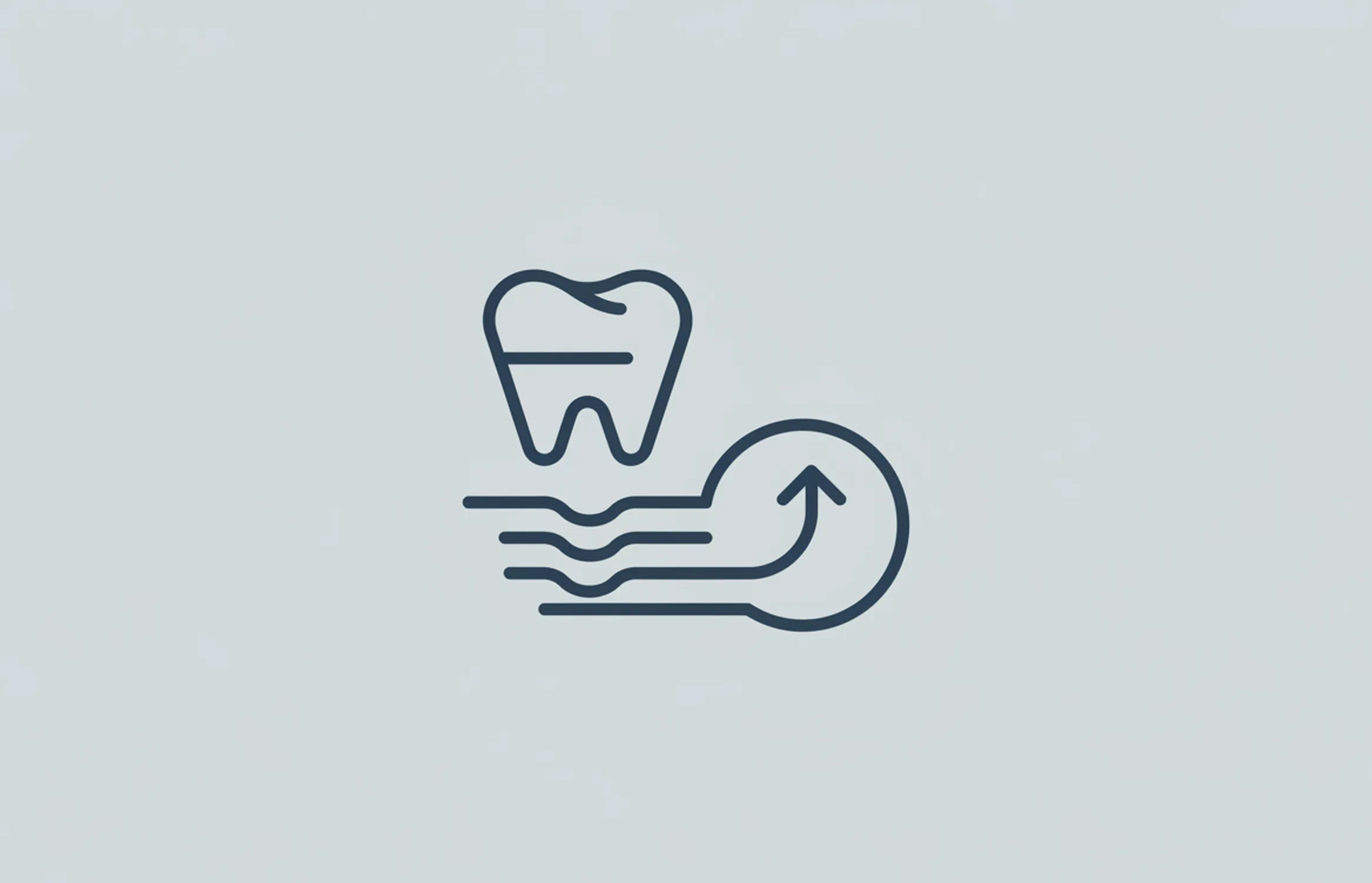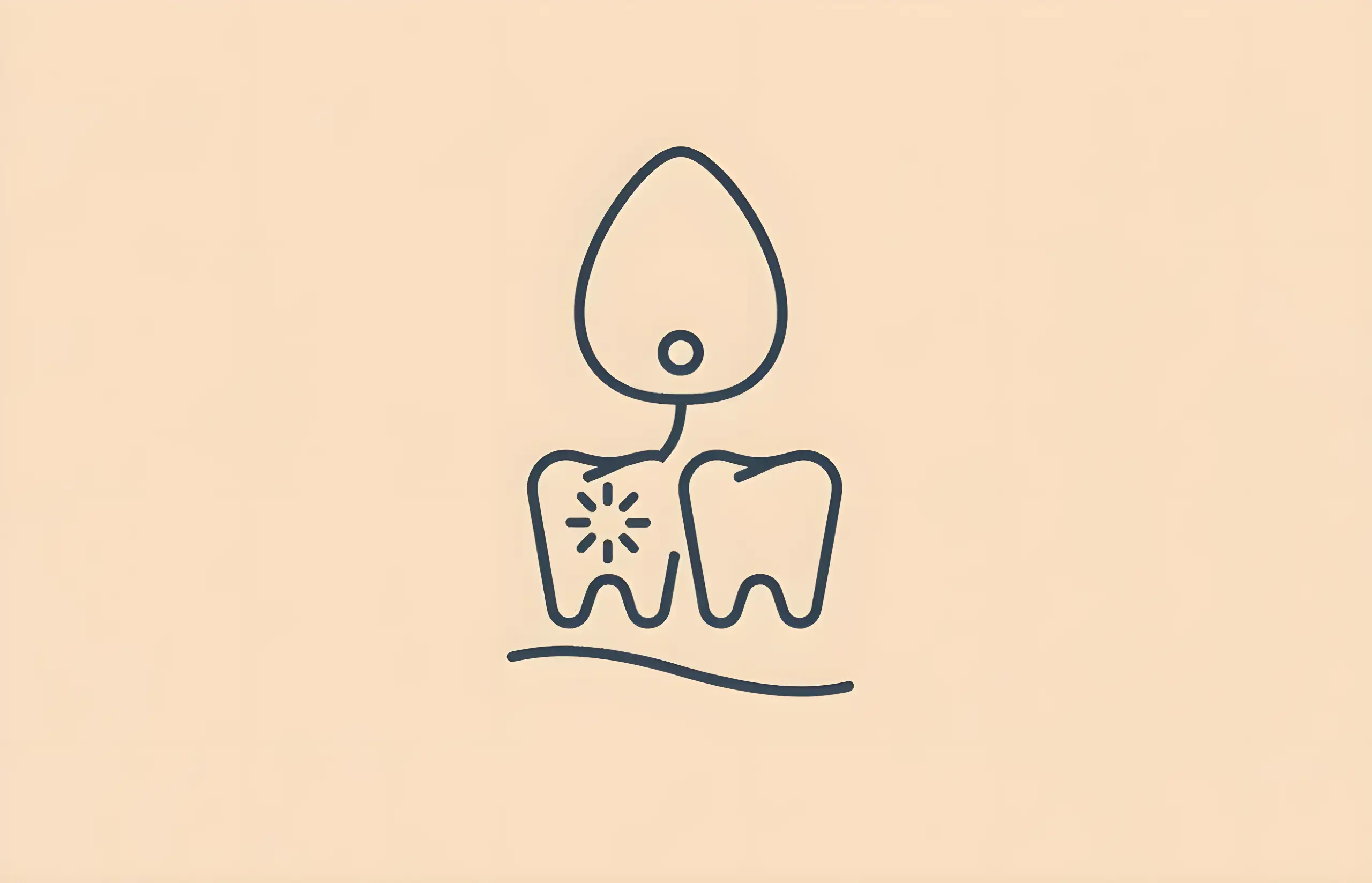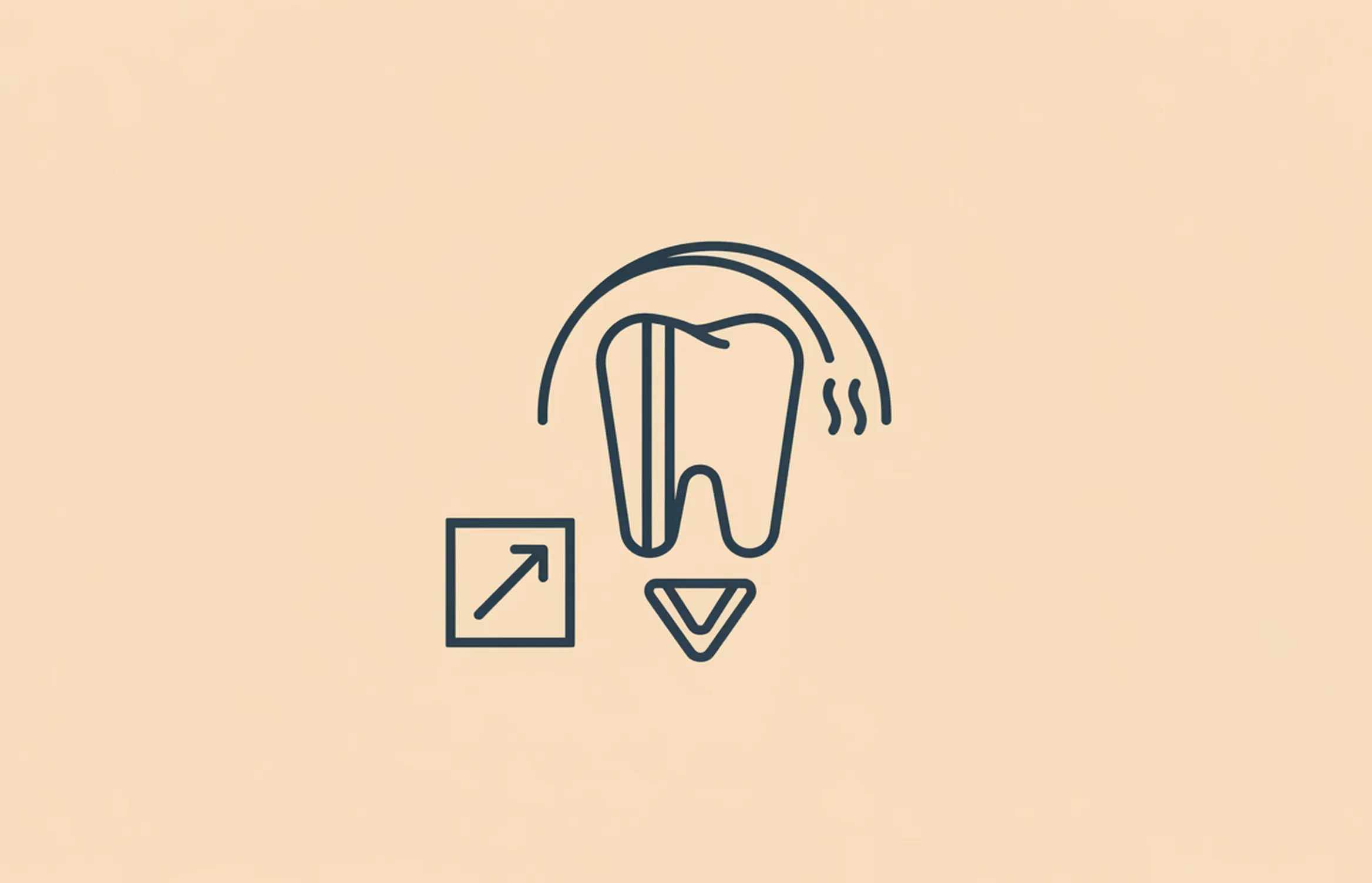It is relatively common knowledge that people need water to live. There are many benefits to staying hydrated, and being dehydrated can cause many unwanted problems. After all, the adult human body is composed of about 65 per cent water. Water is crucial to other organs to stay hydrated, but it is also essential to keep teeth hydrated. After the whitening process, it is important to understand how to rehydrate those pearly-whites correctly.
With the right information and proper prior planning, teeth can retain the bleached look for longer and remain healthier. You can keep your newly whitened teeth looking bright and your mouth healthy.
What Causes Dehydration after Teeth Whitening?
Much like sponges, teeth are porous, which means that during the whitening process, they allow whitening agents to go through the top layers and, in turn, brighten the teeth. The very thing that causes the teeth to whiten also allows fluid to leave the teeth, resulting in tooth dehydration. If teeth are not rehydrated properly, the dehydration caused by whitening can lead to high tooth sensitivity and pain.
As the light from the procedure irradiates the tooth, darker coloured bits soak up the light instead of reflecting it. This transfers the heat into energy, which causes the tooth's internal temperature to rise. This process makes newly whitened teeth look whiter after bleaching, but as they begin to rehydrate, the colour starts to fade back to a darker shade. This means that the whitened state from bleaching may just be an effect of dehydration instead of actual whitening effects.
Further, as the fluid moves out of the tooth, whitening agents can force the water to travel away from and out of the tooth. This means that the use of light or heat may actually contribute to whitening procedures being ineffective. Overheating the tooth will inevitably cause more dental problems overall.
How to Hydrate Your Teeth After Whitening
Contrary to popular belief, drinking extra water will not actually rehydrate your teeth any faster after a whitening procedure. This can cause the teeth to become dehydrated more because the water is sloshing against them. Though drinking water is always a good idea, there is a much simpler solution to tooth dehydration after whitening.
The best thing for rehydrating teeth is saliva. A person's saliva is filled with minerals that give the tooth enamel the ability to resurface and restore itself to a more natural colour. Keeping the mouth moist and filled with spit will allow the teeth to rejuvenate at a faster pace. The best thing to do is avoid smoking, vigorous exercise, and anything else that will cause the mouth to dry out after having teeth bleached.
Sources and References
-
[1]
Clinical effects of dehydration on tooth color: How much and how long?Journal of Esthetic and Restorative Dentistryhttps://pubmed.ncbi.nlm.nih.gov/32573090/
-
[2]
Tooth Whitening: What We Now KnowJournal of Evidence-Based Dental Practicehttps://pmc.ncbi.nlm.nih.gov/articles/PMC4058574/
-
[3]
Post-Operative Sensitivity and Color Change Due to In-Office Bleaching With the Prior Use of Different Desensitizing Agents: A Systematic ReviewCureushttps://pmc.ncbi.nlm.nih.gov/articles/PMC9090214/
-
[4]
The role of salivary contents and modern technologies in the remineralization of dental enamel: a narrative reviewF1000Researchhttps://pmc.ncbi.nlm.nih.gov/articles/PMC7076334/
-
[5]
Effect of light energy on peroxide tooth bleachingJournal of the American Dental Associationhttps://pubmed.ncbi.nlm.nih.gov/15005435/
All sources accessed and verified on . Medical information reviewed for accuracy and compliance with current guidelines.
Related Articles

Does Teeth Whitening Work?
Comprehensive guide to teeth whitening effectiveness, clinical evidence comparing hydrogen peroxide vs carbamide peroxide, sensitivity rates (43-80%, 100% with 35% in-office), whitening methods (professional, at-home, strips, toothpaste achieving 1-2 shades), LED light efficacy, and safety outcomes

How Much Does KoR Teeth Whitening Cost?
Comprehensive guide to KoR Whitening system including mechanism, custom trays, peroxide gel refrigeration, desensitizing agents, pros and cons, typical costs (£450-£700), and comparison with alternative whitening systems

Natural Ways to Whiten Your Teeth
Explore natural teeth whitening methods including brushing, coconut oil pulling, baking soda with peroxide, and their effectiveness based on scientific evidence

Teeth Whitening Cost and Information
Comprehensive guide to professional and at-home teeth whitening options, comparing costs (£10-£1500), effectiveness, safety, and treatment methods including laser whitening, bleaching gels, and whitening strips

Teeth Whitening While Breastfeeding – Is It Safe?
Learn about the safety of teeth whitening while breastfeeding including how whitening treatments work, whether chemicals pass through breast milk, and expert recommendations

Zoom Teeth Whitening Costs & Reviews
Professional Light-Activated Whitening Analysis (15-78% Experience Sensitivity, Conflicting Efficacy Evidence)
About The Dental Guide
The Dental Guide is a trusted online resource providing evidence-based information about dental health, treatments, and procedures. Our content is created and reviewed by qualified dental professionals to help you make informed decisions about your oral health.
Our Mission
- Evidence-based dental information
- Expert-reviewed content
- Clear, accessible explanations
- Latest treatment options
- Patient-focused guidance
Editorial Standards
- GDC-registered dental professionals
- Peer-reviewed sources
- Regular content updates
- Medical accuracy verification
- Transparent authorship
Important Notice
The information on The Dental Guide is for educational purposes only and should not replace professional dental advice. Always consult with a qualified dentist for diagnosis and treatment recommendations tailored to your individual needs and circumstances.
Medically Reviewed
Reviewed by Dr. Nasim Mechoui , BDS (Bristol)
Share this article
Comments & Discussion
Have questions about dental implants? Share your thoughts or experiences.
